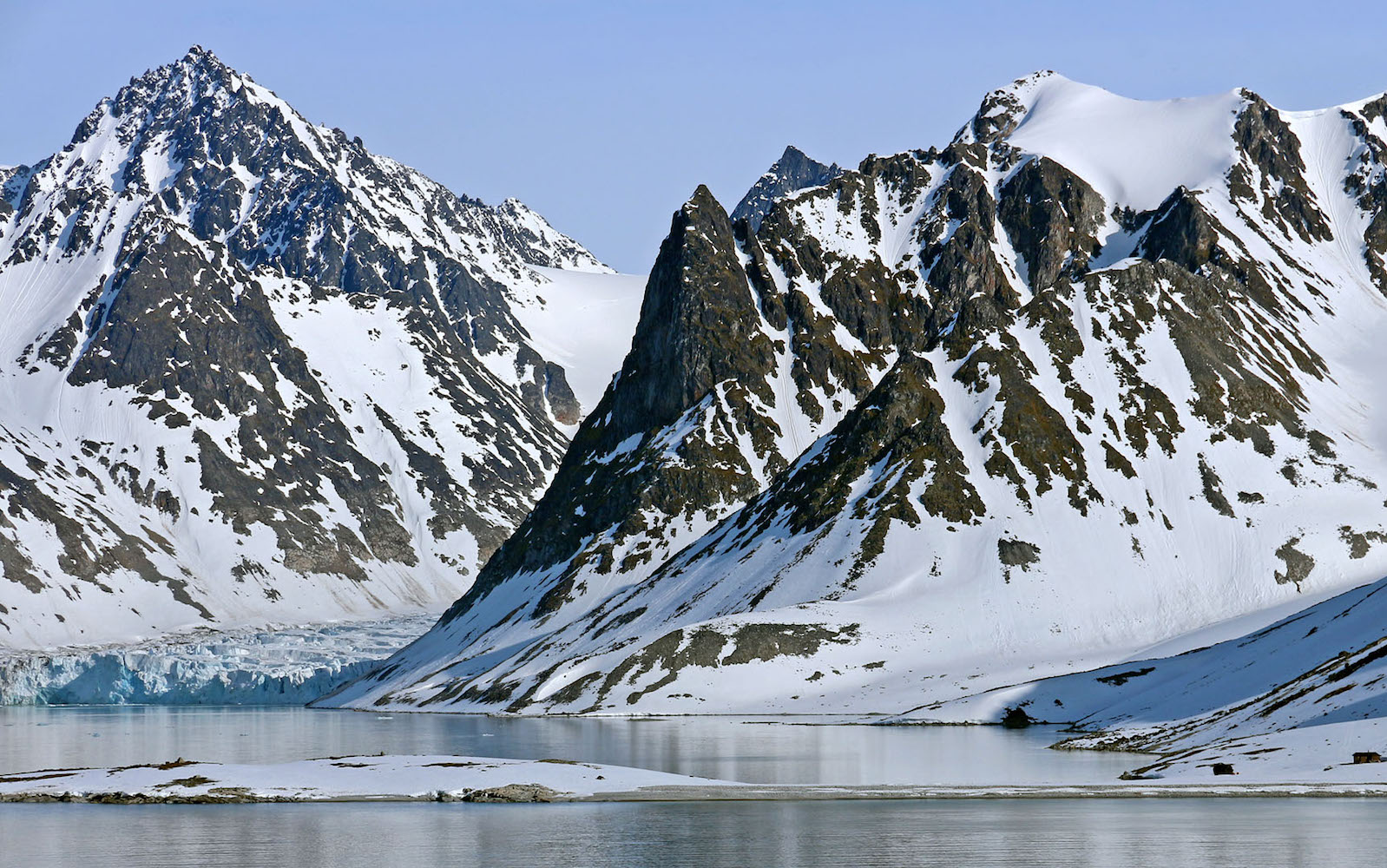Norwegian broadcaster to commemorate Svalbard Treaty with ‘ultimate slow-TV project’
Already known for some of the longest uninterrupted TV broadcasts ever, Norway’s NRK is preparing to outdo itself when it travels to the Arctic this summer.

Although it was not the first to dip into the mesmerizing world of slow TV (remember fireplace videos on VHS and fishcams in the early days of the internet?), Norway’s national broadcaster NRK has something of a reputation as a pioneer in the genre.
Indeed, its groundbreaking work, starting in 2009, with ‘Bergensbanen – minutt for minutt’ — a live broadcast of a seven-hour train ride — and then, in 2011, the absurdly long ‘Hurtigruten – minutt for minutt’ — which captured every minute of a coastal ferry’s 134-hour voyage from Bergen to Kirkenes, also broadcast live — led the direct English translation of the genre’s Norwegian name, sakte TV, to be applied to any subsequent programming that involved long, plotless, broadcasts of ordinary events, usually live.
The Hurtigruten voyage, is one of three of the 20 NRK Minutt for Minutt broadcasts to date that have ventured north of the Arctic Circle. The 2012 ‘Nordlandsbanen Minutt for Minutt’ followed the rail line to its terminus in Bodø. And in 2017, it aired 10 days of reindeer migration. Uninterrupted. Were it not for a delay due to poor weather at the front end, the broadcast would have been a solid two weeks. (See excerpt below.)
Others in the region have gotten in on the act (or non-act, as the case may be); RÚV, an Icelandic broadcaster, has aired 24 hours of live lambing and an equally long drive around around the perimeter of the country, for example. Google, a technology firm, has dispatched trekkers to Nunavut as a way to help make people aware of the territory’s culture. Likewise, it sent Nikolaj Coster-Waldau, a Danish actor best known for playing Jaime Lannister in the HBO Game of Thrones series, to Greenland in the name of drawing attention to the effects of global warming on the Arctic. (The footage from both places has also been used in the firm’s Maps service.)
Next will be for NRK to send a slow-TV crew where only the most well-heeled travellers have been before. This summer, the broadcaster will record the entirety of a nine-day voyage around Svalbard, in commemoration of the 100th anniversary, next year, of the treaty that gives Oslo control of the island group.
The voyage will take place aboard the MS Spitsbergen, a cruise ship that regularly sails around Svalbard. In addition to recording footage with multiple cameras affixed to the ship, allowing the 25-person crew to film in all directions, drones will be used. The crew will also go ashore at locations of natural or historical interest.
“I think that everyone has one form of romantic conception of Svalbard or another. But most people will never be able to visit it,” Thomas Hellum, an NRK producer, said in a statement. “For us, allowing people to come along without having to pay is a noble broadcasting assignment. It is the ultimate slow-TV project.”
While midnight sun will make it possible to record around the clock, the far northerly location means the producers will be without satellite coverage for significant portions of the journey, meaning NRK will have to break with the real-time concept of the franchise.
“It’s so far north that it’s not possible to broadcast live — at least not on our budget,” Hellum said. “But we are going to produce it as if it were being sent live. Nothing will be cut. Everything is going to be shown: the boring as well as the exciting.”
At nine days, six hours and five minutes, ‘Svalbard Minutt for Minutt’ will be the longest NRK slow-TV broadcast to date. It is due to be aired in connection celebration celebrating the centenary of the signing of the Svalbard Treaty. Plotless, yes. Pointless, no.